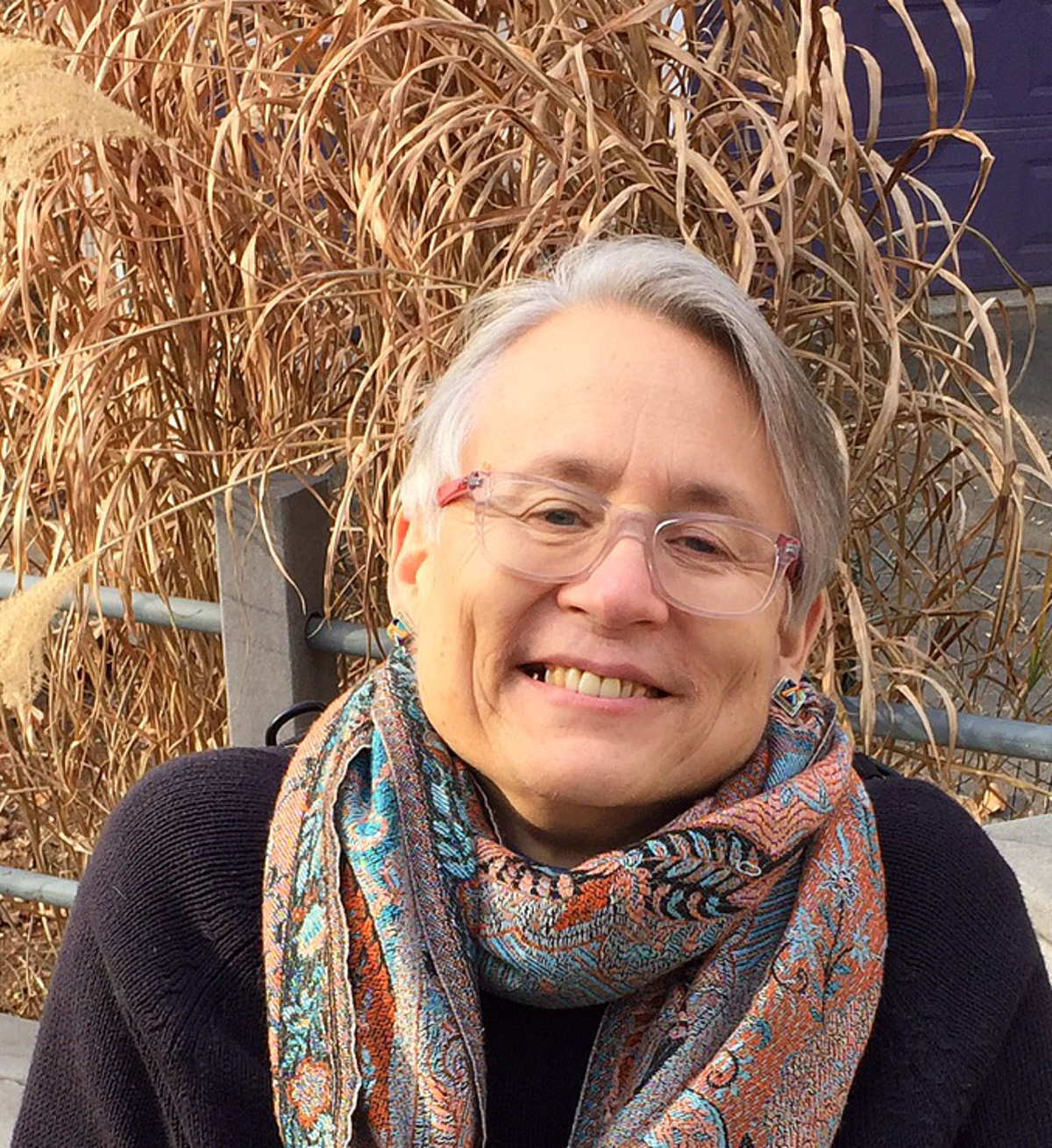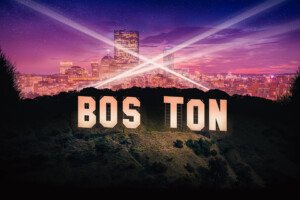Q&A with Author Christina Crosby

Image Provided
In 2003, a few weeks after Wesleyan English and Feminist, Gender, and Sexuality Studies professor Christina Crosby turned 50, a fluke accident on a bike ride left her a quadriplegic. It was pure chance—a branch got caught in her wheel. In her newly published memoir, A Body, Undone: Living On After Great Pain she eloquently reflects on her experiences—how her paralysis impacted her life, relationships, and views on gender and sexuality. We chatted about her experiences and new book.
Why did you decide to write a memoir?
Well, I say in the book that I wrote in order to make something out of a confounded life. My life was confounded after I broke my neck in 2003, a couple weeks after my 50th birthday, and I simply didn’t recognize myself. And because I’d lived pretty much my whole life—well, all my life—in language and much of it in literature, I turned to literary language to help me out.
In the book, you make a connection between your paralysis and your brother’s paralysis from multiple sclerosis, which happened earlier in your life. How did that color your experience of your paralysis and how did you connect the two in your mind?
When I hurt myself I also knew too much. I knew about his life and what was required for him to get through a day and go through the world. When I was lying there in the hospital it felt like going through some looking glass where suddenly I’m on the other side and I’m in the land of quadriplegia. It’s a very frightening place. I couldn’t quite believe that we’d both come there.
It’s pretty unlikely.
Yeah! As in, don’t even give me a statistic. It’s inconceivable!
The book also addresses your experience with gender following the accident. How did paralysis impact your view on gender identity and the views of other people around you?
When I hurt myself, I think that I was easily identifiable as a butch lesbian, if you knew that category. If you didn’t know that category, you’d think that I was a woman with short hair who walked like a man. Indeed, I got misrecognized as a man before I was injured, but it didn’t bother me. … Then I got hurt and what I say is that I no longer have a gender, I have a wheelchair. And I think that’s accurate. Because when you look at somebody you immediately recognize something. I think that the thing that people recognize most immediately about me is that I’m in a wheelchair. They’re big, they’re cumbersome, I’m not at the right level, etcetera, etcetera. They’re often in the way, it’s hard to get around them, they make progressing through the world slower, etcetera, etcetera. So I feel that is a real loss. I feel a real loss in not being able to project myself into the world as I wish to be seen. I know that there are people who are in wheelchairs who feel differently from me, and that’s fine. I’m really not trying to say that’s it’s this way universally—it’s not.
Are you still teaching now?
I am. I’m working half-time.
Do you feel your paralysis has impacted your teaching?
It’s harder handling books, harder handling papers, harder just getting around. But in the classroom, I would say there is very little difference. My classes are smaller because I can’t handle a large class. I can’t stand to lecture, which I miss. I can’t stand to use the blackboard, which I miss. I used to stand when I taught except when I was in a seminar. Now I’m always seated. But my engagement with the students is similar, I think. I think mostly what makes a good teacher is paying very close attention to the students, and crediting what they say. And I’m still able to do that, just as I did beforehand.
You write in the book that you don’t remember the actual event, but do you find yourself dwelling on what happened at all?
No, I really don’t. I’m so grateful that I wasn’t hit by someone. If this had happen to me through someone’s negligence or recklessness I would really be struggling with rage. And I’m not. I mean I struggle with rage sometimes, believe me—I get frustrated, so frustrated that I wish to just blow anything up, I’m so angry. But I don’t [get angry about the accident] and I think that’s in part because my life isn’t [angry]. I’m not thinking backwards, I’m thinking forwards.
Have your feelings about the whole experience changed over time? If so, how?
Yes, in the sense that when I was in the hospital, I cried every day. I cried for half a year, I was so overwhelmed with pain and uncertainty and loss and fear. I am now more firmly attached to moving on. I say in the subtitle, “living on after great pain.” After great pain is not the time when pain is over, it’s the time in Emily Dickinson’s poem by that title which opens up the question of whether you continue. The last stanza reads,
“This is the Hour of Lead –
Remembered, if outlived,
As Freezing persons, recollect the Snow –
First – Chill – then Stupor – then the letting go –”
That is after great pain. It’s this interval that really opens up and seems to expand immeasurably interminably between turning towards death and turning towards life.
Crosby will be at the Harvard Coop, 1400 Massachusetts Ave., Cambridge on Monday, March 28, at 7 p.m. to speak and sign books at a free event, harvardcoopbooks.bncollege.com.


